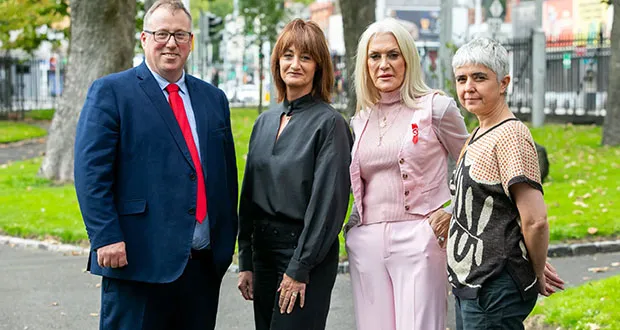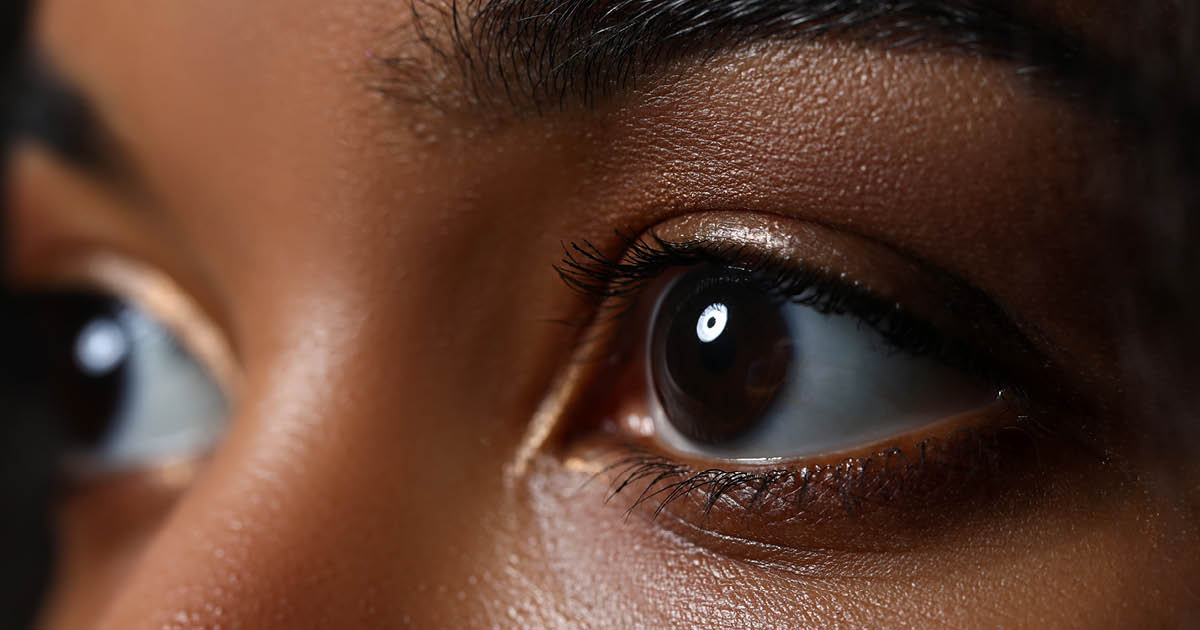New HIV diagnoses have been steadily rising since the pandemic, but remain below pre-COVID rates
Without clear timelines and accountability, Ireland risks falling short of its goal to end new HIV transmissions by 2030.
That is the view of HIV Ireland, which has urged the Government to honour its commitment to publish a National HIV Action Plan.
In June, Ireland published an updated National Sexual Health Strategy 2025-2035. It commits to developing a HIV action plan and model of care. A similar plan is in place in England, which was published in 2021.
“We have the knowledge and tools to end new HIV transmissions. What we need now is political will and leadership,” said HIV Ireland executive director Stephen O’Hare.
“A National HIV action plan, informed by both clinical and community expertise, with specific targets and oversight, is the only way Ireland can meet its UNAIDS commitment to end new transmissions by 2030.”
Mr O’Hare made the comments as the HIV Ireland and Fast Track Cities’ National HIV Conference got underway in Dublin yesterday.
Under the theme of ‘Towards a National Action Plan for HIV in Ireland’, the event brought together leading experts from Ireland and the UK. Speakers included Sussex-based Irish clinical professor and consultant in HIV medicine and sexual health Prof Yvonne Gilleece.
“The experience across the UK demonstrates how a structured, evidence-based plan can lead to measurable improvements in HIV prevention and treatment outcomes,” she said.
“Developing a similar framework in Ireland is critical if the stated goal of ending new transmissions by 2030 is to be realised.”
The conference also heard from Prof Patrick Mallon, director of the UCD Centre for Experimental Pathogen Host Research.
“In recent decades, advances in testing, treatment and prevention have substantially changed the trajectory of HIV in Ireland,” he said.
“Of the new cases identified this year, fewer than 200 will constitute new transmissions. Ending new transmissions by 2030 is not insurmountable, but only if we redouble our efforts now.”
Latest available figures show that, in 2023, of 911 total HIV diagnoses recorded, the majority were among people who came to Ireland having already known that they were living with the virus.
A total of 173 of cases that year were first-time diagnoses giving a rate of 3.4 per 100,000 population. This is 15 per cent lower than 2019, when 190 cases were reported.
However, since the beginning of the COVID pandemic in 2020, when new cases fell to 123, the number of first-time diagnoses have been increasing year-on-year. A total of 127 new cases were diagnosed in 2021, followed by 169 in 2022.
The conference also heard from UK Government advisor on HIV Prof Kevin Fenton, as well as people living with HIV and advocates.
Rebecca Tallon de Havilland is an advocate living with HIV. “When I was first diagnosed, I thought my life would be defined by HIV,” she said.
“Over time, with treatment and the right support, I’ve learned that it doesn’t have to be that way. Living well with HIV is possible and it’s important that the right supports are in place.”
HIV Ireland is a national organisation committed to ending new HIV transmissions, combating stigma, and supporting those impacted by HIV. The conference was supported by Gilead Sciences and Viiv (GSK).










